
BASC briefs MPs at APPG ahead of firearms licensing debate
BASC is briefing MPs ahead of the debate on the petition against proposals to make shotguns subject to the same licensing rules as rifles.
Get information on the legal shooting season for mammals and birds in the UK.
Apply for funding for your project or make a donation today
Comprehensive information and advice from our specialist firearms team.
Everything you need to know about shotgun, rifle and airgun ammunition.
Find our up-to-date information, advice and links to government resources.
Everything you need to know on firearms law and licensing.
All the latest news and advice on general licences and how they affect you.
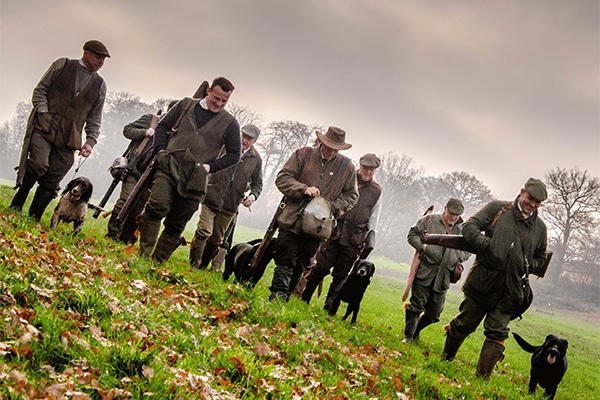

BASC’s deputy director of shooting and operations GARETH DOCKERTY considers how our sense of right and wrong, our individual moral compass, influences our views on a vast array of shooting-related topics.
As members of the shooting community, we have various laws and regulations we must follow, then a series of best practice guidelines. However, one of the strongest forms of guidance is our individual moral code – that sense of right and wrong we have about certain topics or behaviours. These morals can unite us or divide us.
A scroll through the many shooting-related posts and groups on social media and it becomes clear quite quickly that individual morality often sits at the centre of many debates and arguments. It influences views on a huge variety of topics – from whether Guns should wear a tie on a shoot day to what constitutes a sporting bird, and how much an individual should tip to the noise (if any) beaters should make while in the line.
Last year, our deer advisor James wrote an article in which he considered the place of tactical-style rifles in the field. This has nothing to do with the law, it was not a debate about calibres or capabilities, yet it prompted hundreds of comments both for and against – mainly based on individual beliefs. These beliefs can be self-taught, based on personal research or just a strong gut feeling; or they can be instilled by a family member, friend, or mentor, with morals being passed down through the generations like an old piece of furniture. Of course, they might also be influenced by geography, culture, age, etc.
The comments and opinions on many of these moral topics can keep you entertained over a brew for five minutes, but is there a more serious angle here?
A strong moral compass is essential for shooting; a personal drive to do the right thing without being watched or monitored will ensure that all shooting activities are defensible and ultimately serve as beneficial for communities and nature. A desire to do the right thing lifts us above the legal minimum requirement and ensures that sustainable shooting continues to evolve with our changing society. Most of the time we do the right thing, not through the fear of punishment but due to our moral code.
There is a downside to relying on this individual code – it can, in certain circumstances, create damaging rifts within our community that can be exploited by those against shooting.
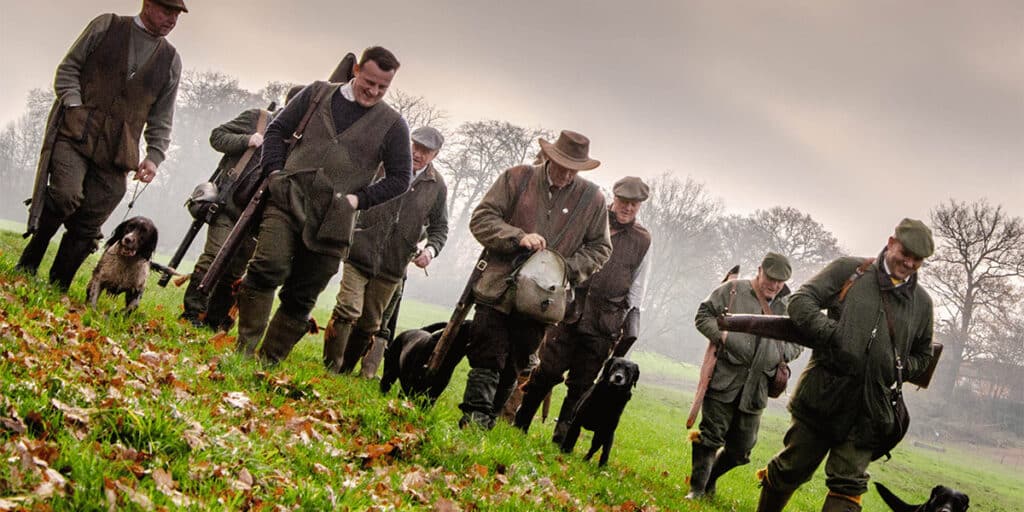
The petition by Wild Justice to limit the shooting season of woodcock (debated in Westminster in late February – see page 9) is a fine example. It plays just as much on our individual morals as it does the evidence base. I am aware of this causing a big argument within a local shoot, with several Guns calling for a voluntary ban on shooting woodcock due to their personal beliefs, and others adamant that shooting woodcock is sustainable. The only solution in these entrenched situations is to agree to disagree, which is often easier said than done. But those against shooting can poke at these rifts and create a divided community.
I have also seen other issues arise when individual morals become the only factor of the decision-making process, or are even given more credibility than the law. This results in a small minority of people willing to knowingly break the law and attempt to justify this to themselves or even others as the right thing to do. We do not have the luxury of picking which laws to follow depending on our individual beliefs; breaking the law as part of your shooting activity can result in serious consequences, not to mention the damage it does collectively to the reputation of shooting.
I suppose it comes down to respecting the personal beliefs of others and trying to understand those who have different opinions, but drawing a line in the sand if these beliefs get out of hand. We may disagree about a style of gun, wearing a tie or even the voluntary decision not to shoot a certain species. Surely, though, it’s worth spending a few minutes thinking about our own actions every so often and checking that our morals are a positive guide, and they are not causing unnecessary arguments and rifts?
It is obvious that we are stronger when united and not tearing ourselves apart internally. The tricky part is finding the right balance that respects our own individual moral code, allows others to have theirs, while remaining aware of the challenges and attacks shooting faces. It’s a difficult moral maze to navigate.
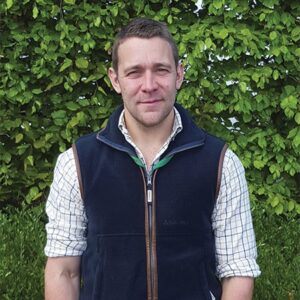

BASC is briefing MPs ahead of the debate on the petition against proposals to make shotguns subject to the same licensing rules as rifles.
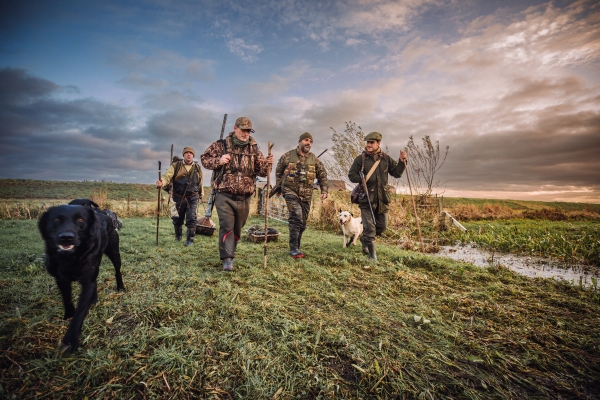
Thinking of joining a wildfowling club? We explain why contacting clubs early can help you prepare properly for the coming season.
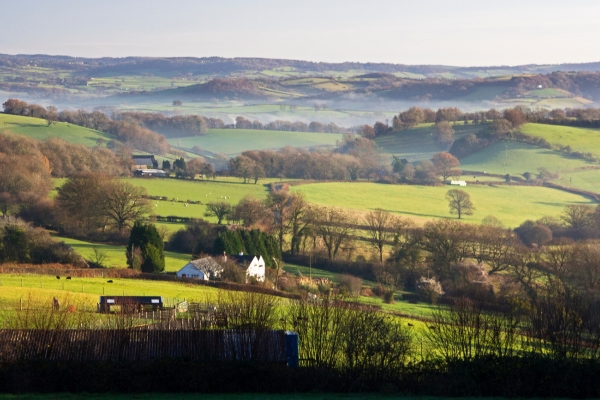
BASC stressed the importance of partnership working in tackling poaching and rural crime at the Poaching Tactical Delivery Group Conference.